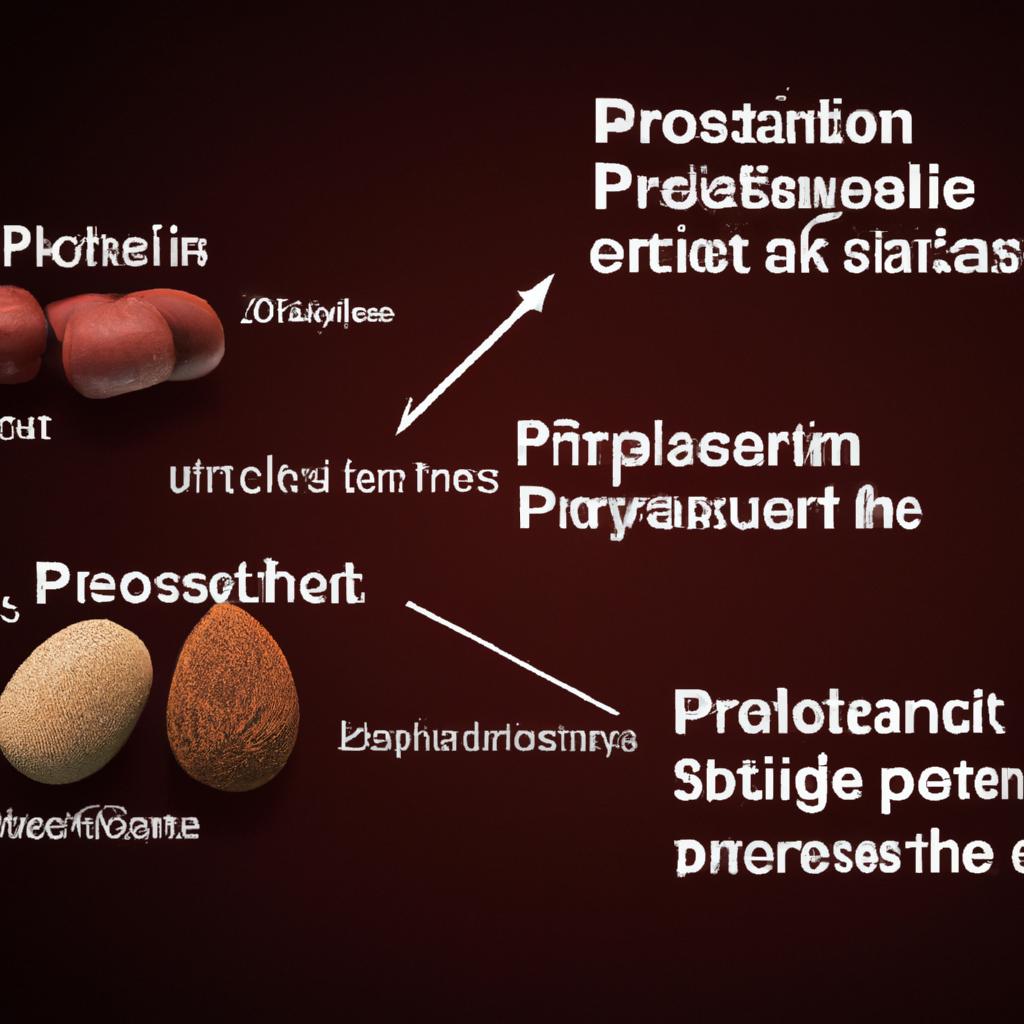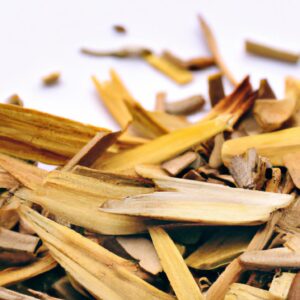**”The Role of Plant-Based Protein in Muscle Protein Synthesis: Exploring the Efficacy of Various Sources for Optimal Recovery and Performance”**
# The Role of Plant-Based Protein in Muscle Protein Synthesis: Exploring the Efficacy of Various Sources for Optimal Recovery and Performance
In recent years, plant-based diets have surged in popularity, not just among vegetarians and vegans but also among athletes and fitness enthusiasts. This shift has sparked a growing interest in the role of plant-based protein in muscle protein synthesis (MPS), recovery, and overall athletic performance. But how effective are these proteins compared to their animal-based counterparts? In this blog post, we’ll explore the efficacy of various plant-based protein sources, providing nutrition tips and exercise advice to help you harness the benefits of plant-based nutrition for optimal recovery and performance.
## Understanding Muscle Protein Synthesis
Muscle protein synthesis is the process by which the body repairs and builds new muscle tissues, a crucial aspect of recovery from exercise. After a workout, especially resistance training, muscle fibers undergo micro-tears. For these fibers to repair and grow, MPS must exceed muscle protein breakdown. A key factor influencing MPS is protein intake, which provides the amino acids necessary for muscle repair.
### The Amino Acid Profile of Plant-Based Proteins
Proteins are made up of amino acids, nine of which are considered essential because the body cannot produce them. Animal proteins typically provide a complete amino acid profile, while many plant-based proteins are often classified as incomplete, lacking one or more essential amino acids. However, by combining different plant sources, one can achieve a complete amino acid profile.
#### Popular Plant-Based Protein Sources
1. **Legumes (Lentils, Chickpeas, and Beans)**: Rich in protein, fiber, and essential vitamins, legumes are excellent for muscle recovery. For instance, lentils provide about 18 grams of protein per cooked cup.
2. **Quinoa**: A complete protein source, quinoa contains all nine essential amino acids. It also offers a good dose of carbohydrates, making it suitable for post-workout meals.
3. **Hemp Seeds**: Packed with protein, healthy fats, and minerals, hemp seeds contain about 10 grams of protein per 3 tablespoons and are also rich in omega-3 fatty acids.
4. **Pea Protein**: As a popular supplement, pea protein is easily digestible and supports muscle growth, providing about 25 grams of protein per serving.
5. **Soy Products (Tofu, Tempeh, Edamame)**: These are excellent protein sources, with tofu providing around 20 grams per cup. Soy is also known for its beneficial isoflavones, which may support muscle recovery.
## Nutrition Tips for Maximizing Plant-Based Protein
To harness the full benefits of plant-based proteins for muscle protein synthesis, consider these nutrition tips:
– **Combine Protein Sources**: To ensure a complete amino acid profile, combine various sources of plant proteins. For example, pair rice with beans or peanut butter on whole-grain bread.
– **Prioritize Timing**: Post-exercise, aim to consume protein within 30-60 minutes. This is when your muscles are most receptive to nutrient uptake.
– **Focus on Whole Foods**: While supplements can be useful, prioritize whole food sources of protein for additional nutrients and health benefits.
– **Incorporate Variety**: Including a range of plant proteins not only helps meet amino acid needs but also provides a diverse array of vitamins, minerals, and antioxidants.
## Exercise Advice for Optimizing Recovery
Exercise plays a critical role in muscle protein synthesis. Here are some tips to optimize your workouts:
– **Incorporate Resistance Training**: Engage in strength training at least two to three times a week to stimulate muscle growth and enhance MPS.
– **Balance Intensity and Recovery**: Ensure your workout routine includes a mix of high-intensity and low-intensity sessions, allowing adequate recovery time for muscles to repair.
– **Hydration Matters**: Proper hydration supports overall performance and recovery. Aim to drink plenty of water before, during, and after workouts.
## Health Benefits of Plant-Based Protein
Beyond muscle recovery and performance, plant-based proteins offer numerous health benefits:
– **Heart Health**: Plant proteins are typically lower in saturated fats and cholesterol, contributing to better heart health.
– **Weight Management**: High in fiber, plant-based proteins can help you feel full longer, making them beneficial for weight management.
– **Reduced Inflammation**: Many plant proteins come with anti-inflammatory properties, which can aid recovery and reduce muscle soreness.
– **Improved Digestive Health**: The fiber content in plant proteins supports healthy digestion and gut health.
## Conclusion
Plant-based proteins are not only effective in supporting muscle protein synthesis but also offer a myriad of health benefits that can enhance athletic performance and recovery. By incorporating a variety of plant protein sources, timing your intake properly, and coupling your nutritional efforts with a well-structured exercise routine, you can optimize muscle recovery and performance. Whether you are a seasoned athlete or a fitness beginner, embracing plant-based protein can play a significant role in your journey to achieving your health and fitness goals. So, let’s raise a glass of plant-based protein shakes to a healthier, more sustainable lifestyle!















Post Comment